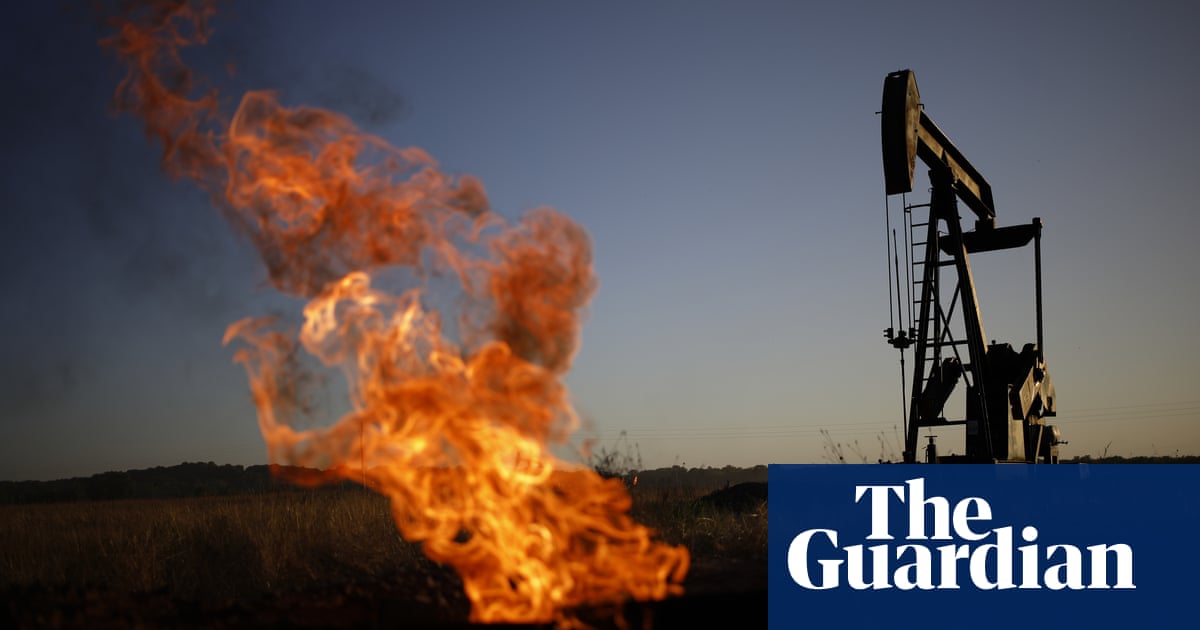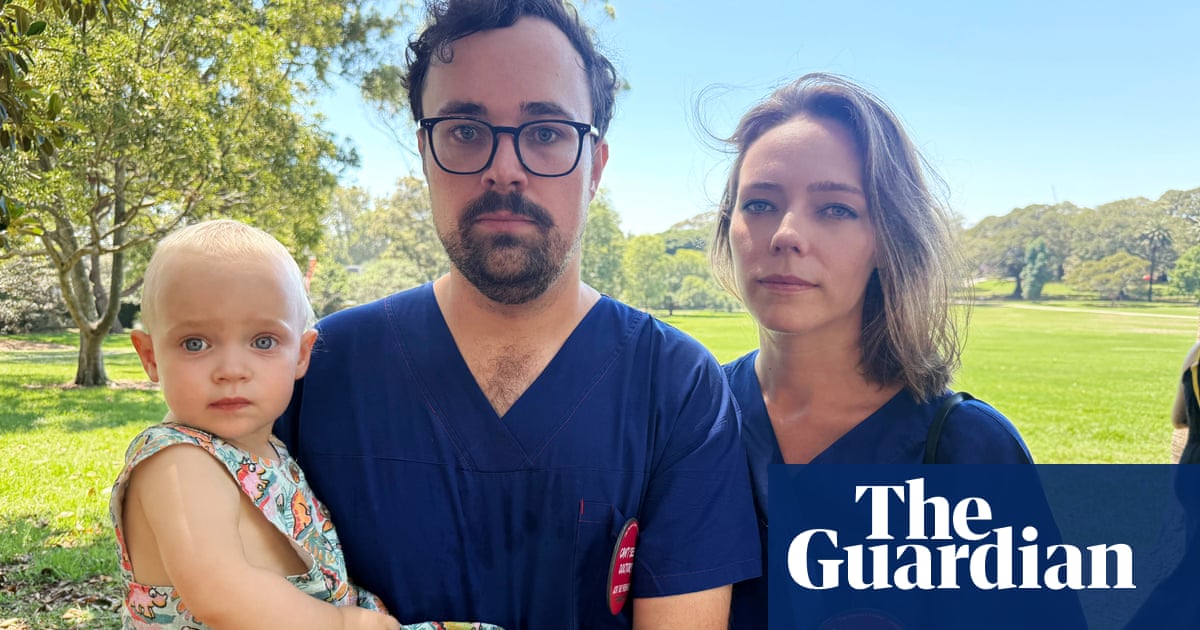Details have been trickling out about the violence that broke out on the streets of Amsterdam last week around a soccer match between Dutch and Israeli teams.
Dozens of people were arrested over what officials have described as antisemitic attacks on Thursday on fans of the Israeli team, as well as over vandalism and inflammatory behavior by some of them and others.
In the aftermath of the violence, there was little clarity about what had happened, including about the identities, affiliations and motivations of those involved.
On Tuesday, the city’s government offered its first detailed report on the events — and said it expected the authorities to make more arrests.
“What happened over the past few days is a toxic cocktail of antisemitism, hooligan behavior, and anger over the war in Palestine and Israel, and other countries in the Middle East,” Amsterdam’s mayor, Femke Halsema, wrote in the report.
Who were the soccer teams involved?
The violence surrounded a Europa League match between two soccer teams, Maccabi Tel Aviv of Israel and Ajax of the Netherlands.
The two teams have typically maintained friendly relations, and the match itself was not considered especially high risk. The game itself went smoothly, with Ajax winning easily, 5-0.
After the clashes, Maccabi called for its fans to return quickly to Israel.
What happened before the game?
Tensions in Amsterdam started rising on Wednesday, the day before the match, on social media and on the city’s streets.
The police arrested four people on suspicion of daubing pro-Palestinian graffiti at the soccer stadium at around 11 p.m. Later that night, about 50 Maccabi supporters, some with their faces covered, gathered in a downtown area. They pulled down a Palestinian flag that was hanging from a building.
A video posted to social media and verified by The New York Times shows men climbing a building to tear down a Palestinian flag while others nearby shout anti-Arab chants. One man is heard saying in Hebrew, “The people of Israel live,” while others shout anti-Palestinian chants using expletives. A number of the Maccabi supporters took off their belts and used them to attack the exterior of a cab, according to the report released on Tuesday.
It said that around the same time, a call went out on a chat group used by cabdrivers to gather at a casino where 400 Israeli supporters were present.
On the day of the match, a demonstration protesting the arrival of Maccabi Tel Aviv was held near the stadium at Anton de Komplein square. Some people clashed with the police.
Amsterdam’s mayor had prohibited the protest from happening outside the stadium. Ms. Halsema said her office had been worried about the possibility of violence, since the match coincided with the commemoration of Kristallnacht, the night in 1938 when organized Nazi thugs looted Jewish businesses, burned down synagogues and attacked and arrested Jews in Germany.
There were also confrontations at around 1 p.m. on Thursday, the report said, when a large group of Israeli fans gathered on Dam Square in the center of the city.
What happened during and after the game?
The police deployed hundreds of officers to try to maintain order during the match, escorting Israeli fans and pro-Palestinian demonstrators in a bid to keep the two sides apart.
Videos showed Israeli fans shouting anti-Arab chants on their way to the game as the police escorted them near Amsterdam’s central train station. City officials said the fans chanted: “Why is there no school in Gaza? There are no children left there.”
Violence erupted in multiple locations in the city center not long after the match ended.
A group of Maccabi supporters gathered back on Dam Square in the city center at around midnight, some armed with sticks, the report said. Some of the fans committed acts of vandalism, it added.
Around the same time, small groups of men spread throughout Amsterdam’s city center and carried out assaults on individual Israeli supporters. The Dutch police said some people riding scooters had kicked and beaten Israeli fans, while others pelted them with fireworks.
The Israeli Embassy in the Netherlands said that hundreds of Maccabi fans in Amsterdam had been attacked after the game as they made their way back to their hotels.
“Mobs chanted anti-Israel slogans and proudly shared videos of their violent acts on social media — kicking, beating, even running over Israeli citizens,” the embassy said on social media.
Five Israelis were hospitalized with injuries but were later discharged. The police said 20 to 30 people sustained light injuries.
El Al, an Israeli airline, sent planes to transport Israeli citizens back to Israel.
How have the authorities responded?
The Amsterdam authorities have defended the mayor’s decision to allow visiting fans to attend the match and the police response to the violence that broke out.
Officials say that 1,200 police officers were deployed to keep the peace on Wednesday and Thursday, and that at least 500 officers were still on the streets after midnight those days.
But the report released on Tuesday conceded that officers struggled to prevent attacks on Maccabi fans after the match and did not stop what it described as some Maccabi fans using sticks to commit acts of vandalism.
It said that the 62 people arrested in connection with the violence included 10 people who live in Israel. Most of the arrests were linked to minor offenses: Forty-five people were issued fines for disturbing the peace, unruly behavior or being unable to show identification when requested by the police.
Four Dutch suspects were still being held on more serious charges, including two teenagers who are accused of assault and violence against the riot police, according to the authorities.
Officials were still investigating whether the attacks had been organized, the report said. It also said that the authorities expected to make more arrests.
Has there been further fallout?
Amsterdam, the Dutch capital, was placed under an emergency order over the weekend that mobilized more police officers, giving them the power to stop and search people. The authorities also banned demonstrations and prohibited the wearing of anything that covers a person’s face.
Israel warned its citizens in Amsterdam to avoid wearing Israeli or Jewish symbols in public.
There was additional unrest on Monday night, when riot police officers responded to vandalism and people throwing fireworks.
The report on Tuesday detailed how tensions remained high in the city — and how threats persisted to its Jewish and Muslim communities. Officials said that a man was thrown out of a taxi at 3 a.m. over the weekend for being Jewish; a synagogue received a bomb threat, which turned out to be false; and there were calls online to attack mosques.
The attacks have also led to political fallout. The far-right leader Geert Wilders, whose anti-Muslim party is the largest party in the Dutch Parliament, took to social media to attack what he called “radical Islam,” using incendiary language.
Mr. Wilders also met with Gideon Saar, Israel’s newly appointed foreign minister, who traveled to the Netherlands in the wake of the incident.
On the other side of the political spectrum, Stephan van Baarle, the leader of DENK, a small political party focused on protecting diversity in the Netherlands, blamed the authorities for failing to stop what he called provocations by Israeli fans.
“Where were the police when Maccabi thugs chanted genocidal and racist slogans about Gaza?” he said in a video posted to the party’s website.
Claire Moses contributed reporting.
Article by:Source – Eve Sampson, Lynsey Chutel, Christopher F. Schuetze and Jim Tankersley












